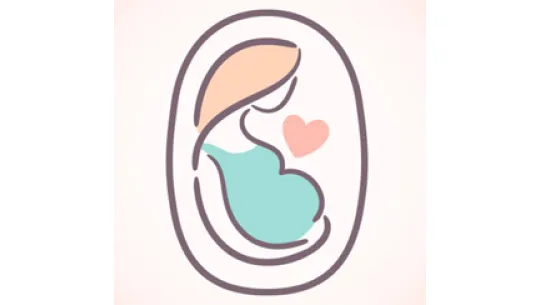The importance of good nutrition during pregnancy

The importance of good nutrition during pregnancy for both the mother and the child has been known for a long time. The daily intake of multivitamin supplements helps to meet the growing needs for vitamins, minerals, trace elements and omega-3 fatty acids for women planning pregnancy, pregnant and lactating women. In addition, according to clinical studies, the reception during pregnancy and lactation of omega-3 fatty acids may have a beneficial effect on the development of cognitive functions in children and with sufficient frequency to reduce their consumption of postpartum depression.
Nutritional supplements before and during pregnancy and while breastfeeding, assist in the development of the fetus, improving pregnancy outcome, optimize health and well-being of women and improve the quality of breast milk, giving benefits for mother and child (prevention of diseases associated with pregnancy, lower risk of complications during childbirth, healthy development and birth of healthy strong infants).
Daily supplements are recommended during pregnancy, because in our time is highly unlikely to get all the necessary nutrients only with food . Nutritional deficiencies during pregnancy and lactation has adverse consequences primarily for the mother and child, and some of them can be very serious.
Acquiring good eating habits for at least a year before pregnancy is important. Vitamins and trace elements related to childbearing are vitamins C and E, trace minerals selenium and zinc. With regard to folic acid, it is proved that it facilitates the development of the embryonic spinal cord. Supplementing with folic acid should be about three months before the start of pregnancy. In contrast, the introduction of large amounts of vitamin D should be avoided before and during pregnancy.
Finally, during breast-feeding, many mothers try to avoid consuming large amounts of calories and proteins, resulting for their bodies to produce less daily milk supply. In addition, if the intake of vitamins and minerals is low, it is possible to observe a deficiency of vitamin A, B1, B6, C, D and E, biotin, folic acid and iodine in the child.
Poor maternal nutrition may decrease the concentration of important proteins in breast milk, which protects the baby from infections. Clinical studies have shown that multivitamin supplements can ensure that the quality of breast milk from the mother can meet the growing needs of the child.
